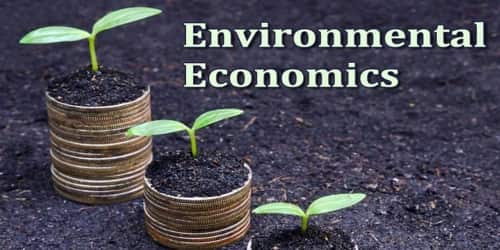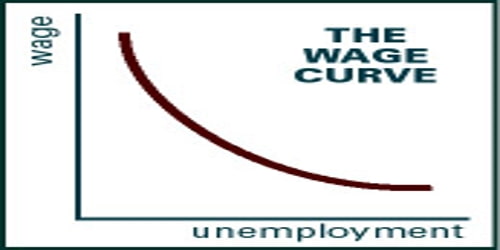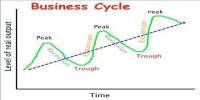Capital accumulation is the dynamic that motivates the pursuit of profit, involving the investment of money or other financial assets with the purpose of growing the initial monetary worth of said asset as a financial return, whether in the form of profit, rent, interest, royalties, or capital gains. It refers to the process by which individuals, businesses, and governments acquire and accumulate financial assets, physical assets, and other resources over time.
The goal of capital accumulation is to develop new fixed and working capitals, widen and modernize existing ones, expand the material base of social-cultural activities, and provide the required resource for reserve and insurance. The process of capital accumulation is the foundation of capitalism and one of the distinguishing characteristics of a capitalist economic system. This is a critical component of economic growth and development.
Capital accumulation can occur in various forms:
- Financial Capital Accumulation: This entails amassing money and financial assets such as stocks, bonds, and savings accounts. Individuals and businesses both save and invest money in order to produce income and accumulate wealth over time.
- Physical Capital Accumulation: This is the purchase and accumulation of physical assets such as machinery, equipment, buildings, and infrastructure. The buildup of physical capital is critical for boosting productivity and developing economic activity.
- Human Capital Accumulation: Individuals’ skills, knowledge, experience, and education are referred to as human capital. Education, training, and healthcare investments all contribute to the buildup of human capital, resulting in a more competent and productive workforce.
- Technological Capital Accumulation: This involves the acquisition and development of technological knowledge and innovations. Technological advancements and innovations contribute to increased productivity and economic growth.
Capital accumulation is crucial to economic development and progress. As individuals and organizations collect money, they can invest in productive activities that generate income and create jobs. This, in turn, leads to increased economic output and higher living standards. Furthermore, capital accumulation enables the expansion of industries, the acceptance of new technologies, and the construction of infrastructure.
Governments can play a role in capital accumulation by enacting laws that stimulate savings, investment, and innovation. Policies that support a stable economic environment, safeguard property rights, and give incentives for research and development can enhance capital accumulation and long-term economic growth.
To summarize, capital accumulation is a multidimensional process that involves the expansion of financial, physical, human, and technological assets. It drives economic growth and development, with ramifications for individuals, enterprises, and communities as a whole.
















